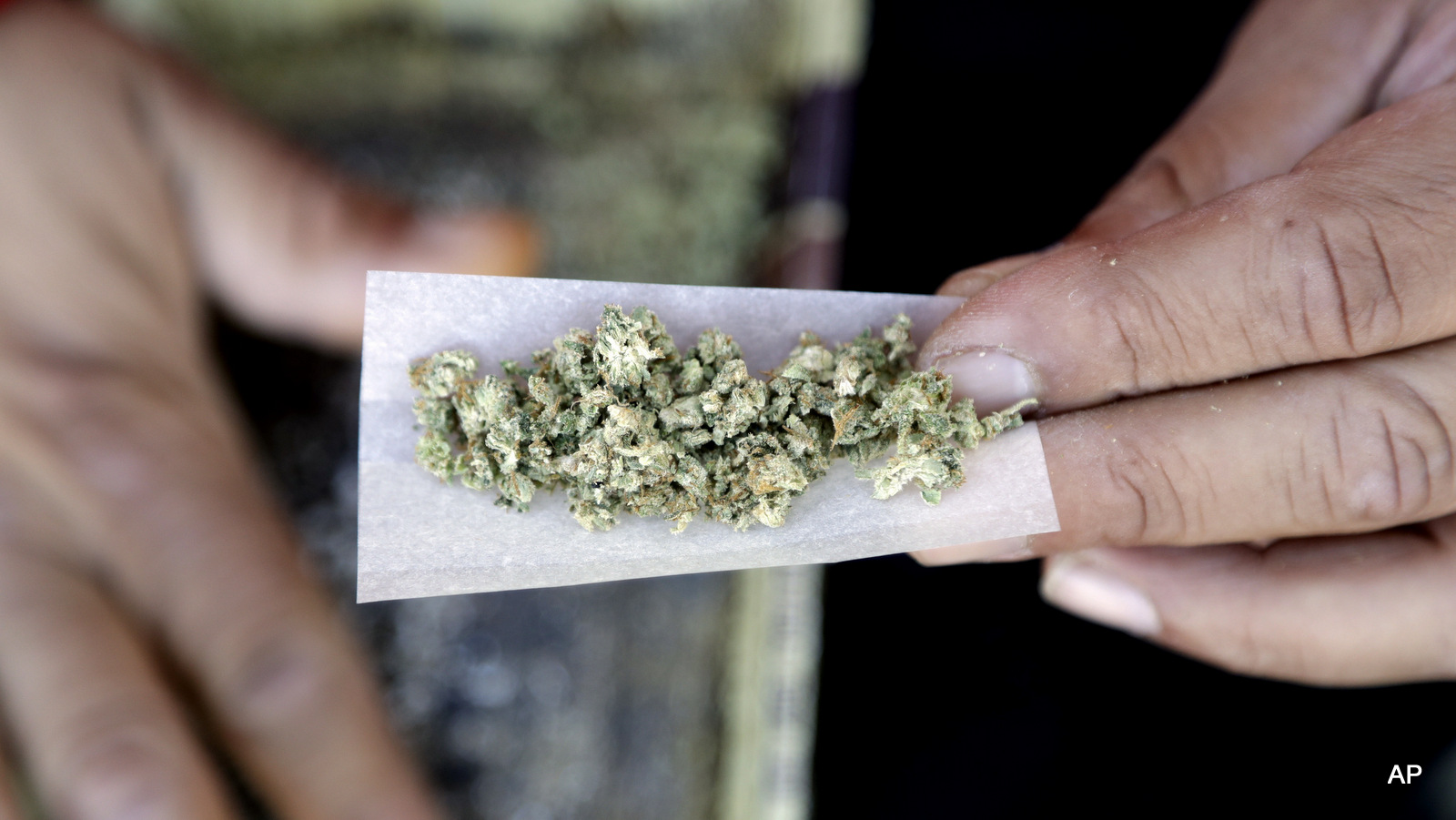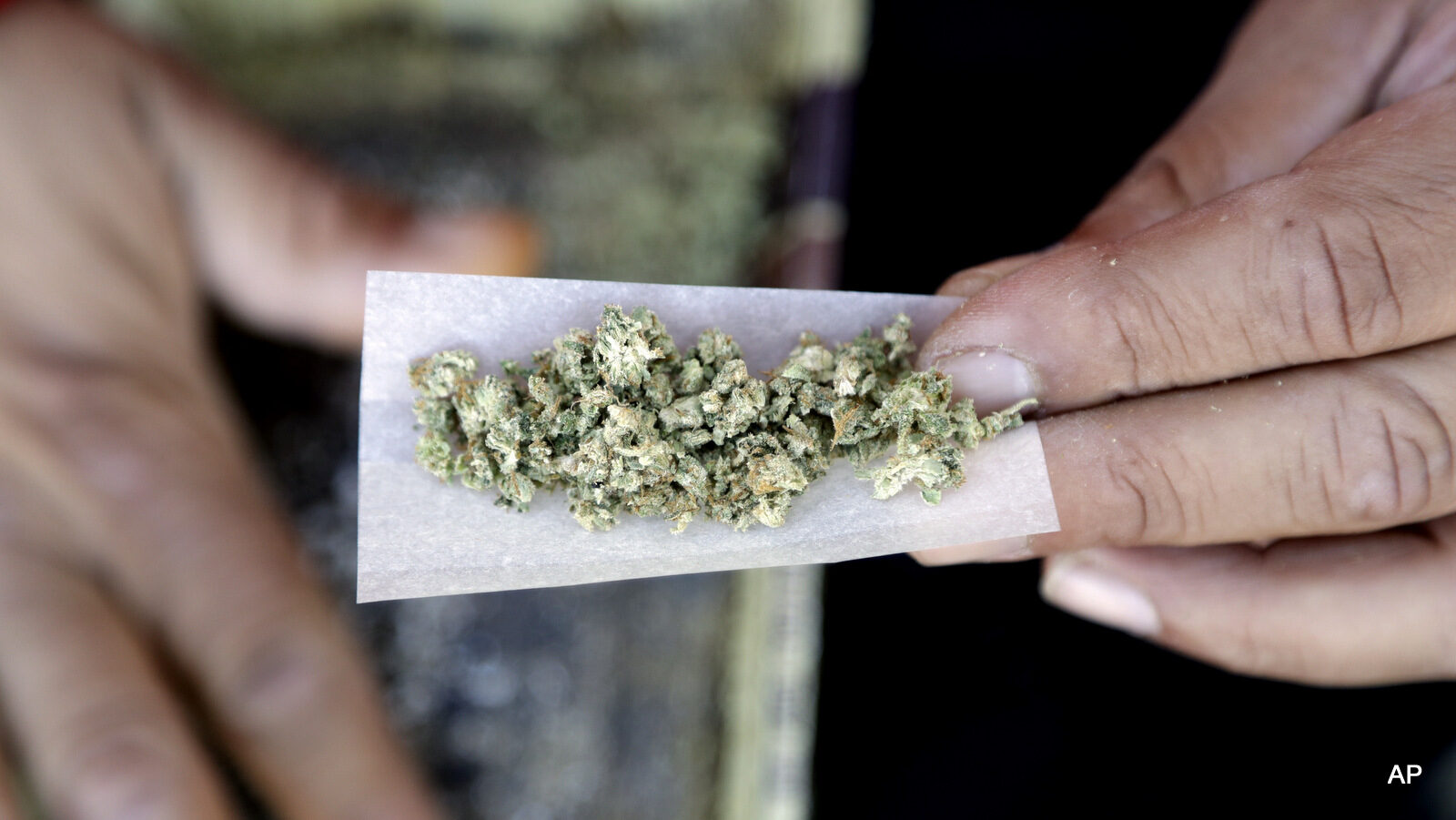
AUSTIN, Texas — Election results poured in on Tuesday night, turning states not just red or blue, but also green in eight states where voters came out in support of ballot initiatives to legalize medicinal or recreational cannabis.
While the presidential election revealed a starkly divided electorate and partisan political landscape, voters overwhelmingly moved to ease restrictions on cannabis. Polls show that a majority of Americans are in favor of cannabis legalization, which enjoys widespread support across the political spectrum.
Voters in California, Maine, Massachusetts, and Nevada opted to legalize cannabis for recreational use, while Arkansas, Florida, and North Dakota passed laws legalizing medical access. Montanans passed an initiative which improves access to medical marijuana under a pre-existing program.
Arizona, which already has a medical cannabis program, was the only exception to the legalization trend, as 52.1 percent of voters rejected a proposal to legalize recreational use in the state.
Once all the new laws go into effect, a total of 28 states and Washington, D.C., will allow some form of legal cannabis use, whether recreational or medicinal.
As with so many other issues, President-elect Donald Trump’s position on cannabis is hard to pin down. The Marijuana Policy Project, which issues an annual “report card” on the policies of major electoral candidates, gave Trump a C+, citing a middle of the road position on the substance. The authors wrote:
“In 1990, Trump said he favored legalizing all drugs, but more recently he has said he opposes legalizing and regulating marijuana for adult use.
He supports legal access to medical marijuana, and he believes states should be able to set their own marijuana policies with regard to adult use.”
Many cannabis industry professionals are hopeful that Trump will not impede the progress voters made on Tuesday toward reforming drug laws. In a statement emailed to MintPress News on Wednesday, Derek Peterson, CEO of Terra Tech Corp., wrote:
“Neither candidate [was] overly supportive of drastic cannabis reform and in large the subject of legal cannabis was not a material part of any debate or discussion. However, we are encouraged that President-elect Trump has said he feels as though it should be left to the states to decide. … Voters have spoken and we believe that Trump will be supportive of responsible regulation.”
Terra Tech designs and builds urban greenhouses for leafy herbs, including culinary greens and medical cannabis operations in California and Nevada, and the company plans to move into the recreational cannabis market as drugs laws ease.
Despite expanding access throughout individual states, cannabis remains illegal at the federal level. Under the DEA’s federal scheduling system, cannabis is a Schedule I drug–the same class as substances like heroin and ecstasy, which the agency says have “no currently accepted medical use and a high potential for abuse.”
But federal laws prohibiting cannabis become increasingly difficult to enforce with every new state that passes pro-cannabis laws. In a Nov. 4 interview with Bill Maher, outgoing President Barack Obama suggested that multiple successful ballot initiatives are likely to force change on the federal level. He explained:
“The Justice Department, DEA, FBI, for them to try to straddle and figure out how they’re supposed to enforce laws in some places and not in others, they’re going to guard against transporting these drugs across state lines—you’ve got the entire Pacific Corridor where this is legal. That is not going to be tenable.”
In an analysis published by Quartz on Wednesday, Elijah Wolfson and David Yanofsky agreed that federal prohibition will become increasingly untenable as these new laws take effect, especially as states consider the billions to be made from taxing cannabis sales.
“Given the financial incentives, and the fact that over 21% of Americans now live in a state that says they have the legal right to get high for fun, it’s likely now a question of when, and not if, the rest of the country will follow suit,” they wrote.


